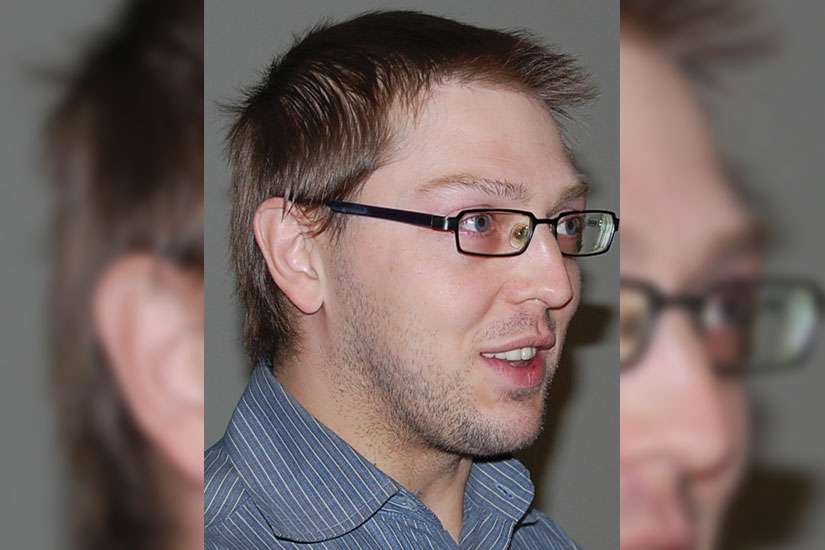In the ensuing 45 years, the mission has remained the same. Just as the original class at Toronto’s St. Augustine’s Seminary was prepping for Church service, so today do the men who have followed in their footsteps.
“Not much has changed,” said Deacon Steve Pitre, the coordinator of Diaconal Ministry for the Archdiocese of Toronto. “Our understanding and ability to articulate it is better, but the ministry still revolves around being out in the community, hospitals, prisons, soup kitchens, hospices, food banks and that type of thing.”
It’s not something Pitre envisions changing. However, what has changed is the spread of the ministry since those early days in the wake of the Second Vatican Council, which called for a return to a permanent diaconate.
It’s a ministry that once thrived, dating to the Apostles themselves. But by about 1000 AD the ministry was on its last legs. It wasn’t until Vatican II that the Church seriously began considering re-establishing the ministry.
In 1972, 33 men began the process at St. Augustine’s, 28 of them for the Archdiocese of Toronto. Since then, the archdiocese has ordained 287 deacons and currently has 105 men active. A new class of 24 candidates has just begun its year of discernment. A new class begins every two years.
The growth in the diaconate has not been limited to Toronto, but it has taken time to catch on, particularly in western Canada. It has only been the past 15 years where western dioceses have embraced the permanent diaconate.
It began with the Calgary diocese and grew slowly, said Brett Salkeld, a theologian with the Archdiocese of Regina who has guided nine men into the fourth and final year of formation.
“It’s certainly been a movement of the Spirit out here in western Canada,” said Salkeld.
The past five years have seen five dioceses launch permanent diaconate programs — Vancouver, Saskatoon, Prince Albert, Victoria and Regina.
“For the first 30 years, western Canada said no thank you, so that’s been a pretty dramatic shift.”
The new programs are continuing what the original 33 began.
“We believe everyone needs the light of Christ so we have to go to them,” said Salkeld. “We don’t just worship on Sunday then we can go about our business all week and then come back to the church and do nothing outside the walls of the church related to our Christian vocation. Our worship calls us to service. Our service leads us back to worship.”
Pitre makes it clear: “Their role is servant leadership.” That means letting the laity know their ministry is a reflection of the laity itself, and encouraging more people to get involved in ministry.
“Deacons give witness to laypeople’s service to the Church and the world,” said Pitre. “They’re living the life that laypeople live…. When they see us on the altar, we represent them.”
As for a future with female deacons — Pope Francis is looking at the historic role of women in the diaconate — both Pitre and Salkeld said they will have to play things by ear on that front.
“We’re just keeping our eye on what’s coming out of the Vatican,” said Pitre.
(Conlon is a writer in Regina.)


